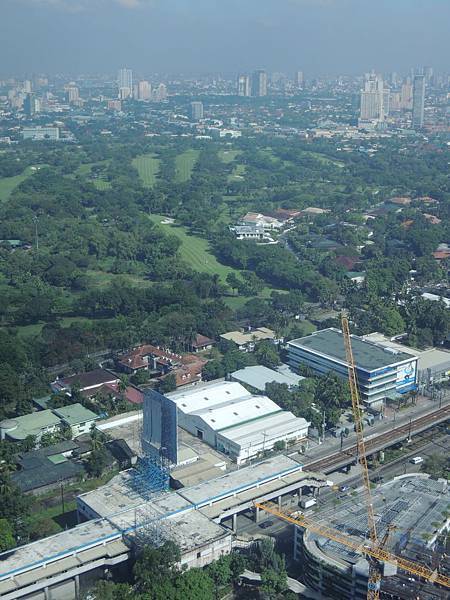In the UK, the PhD VIVA is not opened to the public. Usually just two examiners (one internal and one external) with PhD candidate!
Yesterday I passed my PhD VIVA with a minor correction after a period of 5-year study. I have to say that this is the best result I can get for such a controversial research subject in the planning department from two distinguished professors (examiners) in the transport field. Many friends have told me that “just prepare some key questions, relax, and enjoy!” It is ture. I enjoyed very much the whole process and felt lucky and even spoilt to have full two and half hours’ discussion with examiners who were asking critical questions about it.
This is a list of rough questions they had asked (in fact, the whole process was not so clear-cut, there were a lot of discussion and links between different questions…)
- Explain why I choose this research subject?
- Why not include more recent literature on some impact studies ? (Chapter 2 and 3)
- The research methods I use and my strong claims quantitative chapters (Chapter 4 and 5).
- Almost no questions on my qualitative chapters (Chapter 6,7,8, &9) except for a few comments.
- Then the final conclusion, they want me to put more reflection, not summarize what I found, but put some discussion on limitation and more on suggesting future study and next steps….
The biggest debate was on my quantitative analysis. Why not use statistical test modeling, time effect on impacts, and what do I think the difficulties and limitations will be.. etc? I managed to defend the request for some statistical tests and the clarification of terms which may be confusing somehow. They are both very friendly and encouraging! I learn a lot from the process. Approaching the end of viva, they were really nice to ask that whether I have questions for them after they had questioned me for 2 hours. I honestly said to them that I am very glad to have both of them to be my examiners because this is a controversial and interdisciplinary subject. I am curious about their view on my subject and the way I conducted with this topic…I do feel and believe their input will strongly enhance the PhD thesis! After all, the PhD VIVA is just the beginning of a professional career.



